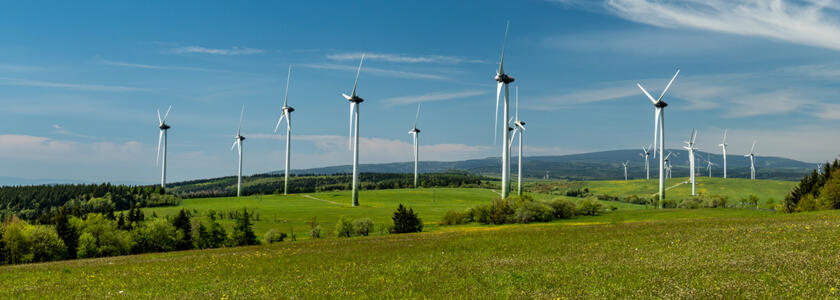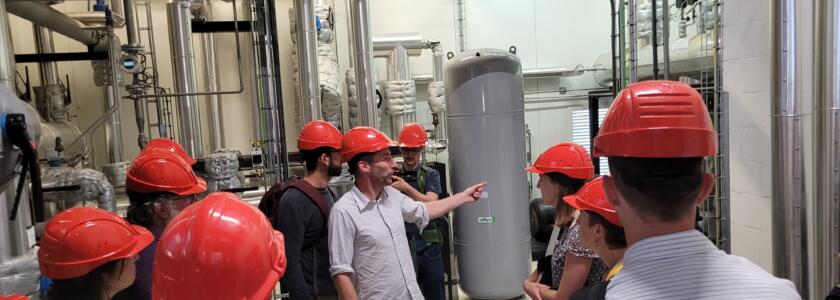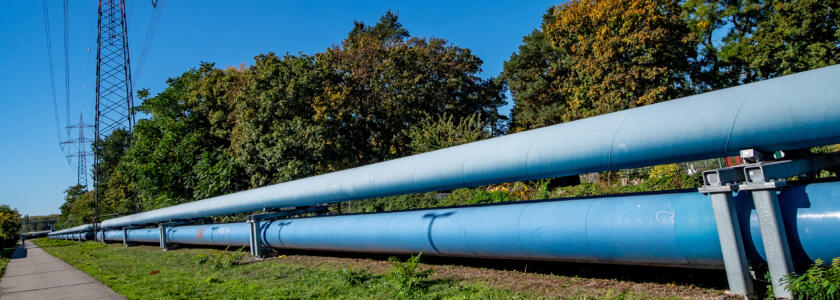Renewables acceleration areas: a fast, but also fair design process
Policy paper
In addition to promoting equality and a level playing field in the Internal Energy Market (IEM) at the EU level, Member States also need to ensure that their national regulations on planning and mapping of renewables contribute towards the delivery of the Green Deal and that local actors, including energy communities, have a fair chance to develop their projects, including in renewables acceleration areas. This position paper shares REScoop.eu’s response to the call for evidence on renewables acceleration areas.










